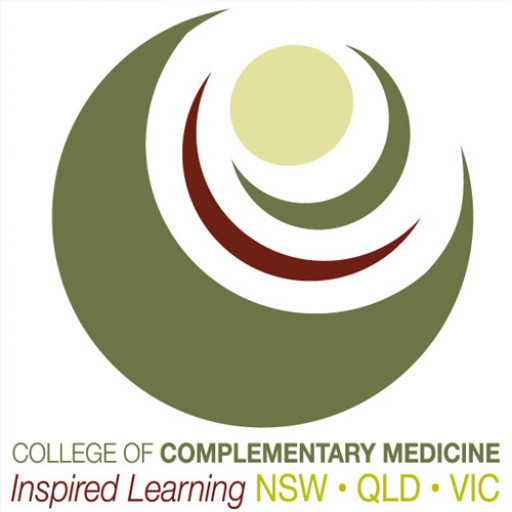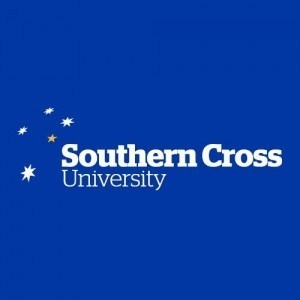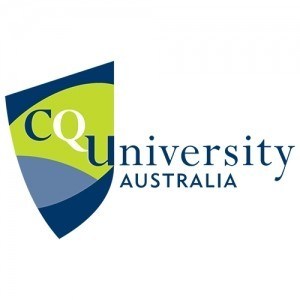Photos of university / #michiganstateu
The primary objective of the doctoral degree program in kinesiology is to develop scholars who are competent in teaching, conducting research, and serving in leadership roles in various educational, governmental, public, or private agencies. In addition to developing expertise in an area of specialization, students must be able to interpret and integrate information from related academic disciplines. Individualized programs of study may be developed, taking into consideration students' academic needs and professional goals.
Four major areas of study within the discipline of kinesiology are available to doctoral students:
- Athletic Training
- Cognitive and Motor Neuroscience
- Exercise Physiology
- Psychosocial Aspects of Sport and Physical Activity
For each student, one of these four areas of study is designated as the concentration.
While enrolled in the doctoral degree program in kinesiology, students are expected to present at least one paper at a professional meeting.
The doctoral degree program requires a minimum of 60 semester credits (including 24 dissertation credits but no more than 30 credits) which satisfy the following requirements, described here and in the MSU Academic Programs Catalog. Courses completed at the master's degree level may be accepted by the student's guidance committee in partial fulfillment of departmental requirements, but they may not be included in the 60-credit minimum requirement for the doctoral degree. The maximum allowable time period for completion of a doctoral degree is eight years from the date of admission.
Area of concentration. A minimum of four graduate courses (minimum 12 credits) in the student's area of concentration, excluding general research courses, are required. A minimum of 6 of these credits must be taken in the Department of Kinesiology.
- Athletic Training
- Exercise Physiology
- Cognitive and Motor Neuroscience
- Psychosocial Aspects of Sport and Physical Activity
Kinesiology breadth requirement (minimum of 6-9 credits). Courses used to satisfy the breadth requirement must be approved by the student's guidance committee. Courses used to satisfy requirements related to the research cognate may not be used to satisfy the breadth requirement.
- Ph.D. students who have completed a previous degree in kinesiology (or similarly named program such as physical education or exercise science) must complete a minimum of 6 credits of kinesiology courses at the 800-900 level outside of the student's major area/concentration.
- Ph.D. students who have not completed a previous degree in kinesiology (or similarly named program such as physical education or exercise science) must complete a minimum of 9 credits of kinesiology courses at the 800-900 level representing at least two different disciplinary areas (adapted physical activity, athletic training, biomechanics, exercise physiology, growth and motor development, psychosocial aspects of sport and physical activity) outside of the student's major area/concentration.
Supporting area cognate. Three or more graduate courses (minimum of 9 credits) which relate to the area of concentration must be completed. These courses should complement study in the student's concentration and the physical education cognate, and must be taken outside the Department of Kinesiology.
Research cognate. Students must complete the following courses or equivalent courses in educational inquiry and research:
- KIN 995 - Research Practicum
- 9 credits of 800-900 level research methods courses approved by the Ph.D. program.
Research practicum. Students must complete a research practicum within the first 2 years or 36 credits of study, whichever occurs later. The practicum consists of successful completion of a 1-3 credit KIN 995 Research Practicum and a departmental presentation of the results.
Teaching Portfolio. Students are required to demonstrate the ability to teach subject matter in their concentrations or areas of suport. In order to do so, it is required that doctoral students document these experiences through a teaching portfolio. Please read the MSU Ph.D Teaching Portfolio Policy document for more information.
Comprehensive examinations. Students are required to pass a comprehensive examination with both written and oral components that pertains to the student's area of concentration, as well as the related areas of study described on the student's program plan. Students are eligible to take the examination after completion of at least 80% of prescribed course work listed on the student's program plan.
Dissertation. The culminating scholarly experience for KIN doctoral students is a publishable research study completed as part of KIN 999 Doctoral Dissertation Research(minimum of 24 credits and no more than 30 credits). The dissertation must be based upon original research and represent a contribution to the scientific knowledge in the student's concentration
Ordinarily, to be considered for admission into the doctoral program, a master’s degree is required; however, in cases of exceptional scholarly promise, a student may enter the doctoral program following the completion of the undergraduate degree. Applicants with limited backgrounds in kinesiology will be required to complete collateral work. Applicants must submit a sample of scholarly writing and all Graduate Record General Examination (GRE) scores.
A committee of faculty members reviews each application. The review committee considers the following factors, in no particular order or weight, in assessing applicants:
- Clarity of applicant’s goals and research interests
- Compatibility of applicant's stated professional goals with the objectives of the program
- Strength of academic and professional education record
- Competitive scores on the Graduate Record Examination
- Fluency in oral and written expression
- Conformity with university and college admission requirements
- Evidence of research competence
- Letters of recommendation
The committee may recommend acceptance or denial of admission to the program, or it may recommend holding an application and requesting more information. If the decision is to admit the applicant, the program coordinator assigns a temporary faculty advisor. Applicants are notified of the department's decision by mail and/or e-mail as soon as possible after the review.
Note: Some applications may be held in a waiting cue, pending student acceptance of initial admissions offers. Notification to students in the cue will come at a later date.
Required Application Materials
- University Application Form and Fee
- Letters of Recommendation
- Current Resume/Vita
- Statement of Professional Goals (Goal Statement)
- Writing Sample
- Graduate Record Examination (GRE)
- Transcripts
International Applicants
International applicants must apply online and use the International application found on the MSU Graduate School website. Your application fee ($50) should be paid by credit card. If you must submit payment in the form of a check or money order please make it payable to Michigan State University and mail it to the Office of Admission, Michigan State University, Hannah Administration Building, 426 Auditorium Road, Room 250, East Lansing, Michigan 48824-2604, U.S.A. Be sure to reference your application ID number on the check or money order. Checks drawn outside the U.S. must be payable in U.S. funds through a U.S. bank. Checks drawn on foreign banks that do not have a correspondent U.S. bank may be returned. Do not send cash or international coupons. Paying by check may delay access to the Portal.
- Statement of Financial Proof/Affidavit of Support and Bank Statements
- English Proficiency Proof: TOEFL
Applicants for whom English is not their primary language are required to show proof of their English language proficiency. Several tests are the Test of English as a Foreign Language (TOEFL), International English Language Testing System (IELTS), or Pearson Test of English Academic (PTE A). The test must be taken within two years of the application. The university's minimum on the Internet-based Test TOEFL is 80 with no subscore below 19 for reading, listening, and speaking and no writing subscore below 22. Our program expects applicant scores to be higher than the university's minimum requirements. Our program will assess all section scores when reviewing applicants for admission. No international candidates will be considered for admission review until they have taken an English Language Proficiency test and achieved the necessary scores. Some international candidates ask to be admitted provisionally, with the idea that they will take courses in English after arriving on campus. The program will not accept students on this basis. We require that international candidates demonstrate adequate skill in English before being admitted to the program. Your results should be sent electronically to Michigan State University's school code of 1465. To expedite application review, unofficial scores can be uploaded into the Graduate Education Application Portal discussed above.
If the student has completed a degree program in an English speaking country, he or she can request a waiver of the English Language Proficiency requirement. Once the program admissions committee is convinced of the student's English language skills based on past program completion and other evidence, it will ask the university to waive the requirement. This waiver is usually granted, but the university may require the student to take the English proficiency test upon arrival at MSU.
Scholarships
Graduate teaching and research assistantships with generous monthly stipends, tuition remission, and health benefits are available and over 90 percent of our current students are supported. University fellowships, dissertation completion fellowships, summer research fellowships, and stipends for travel to academic conferences round out the resources available for students










